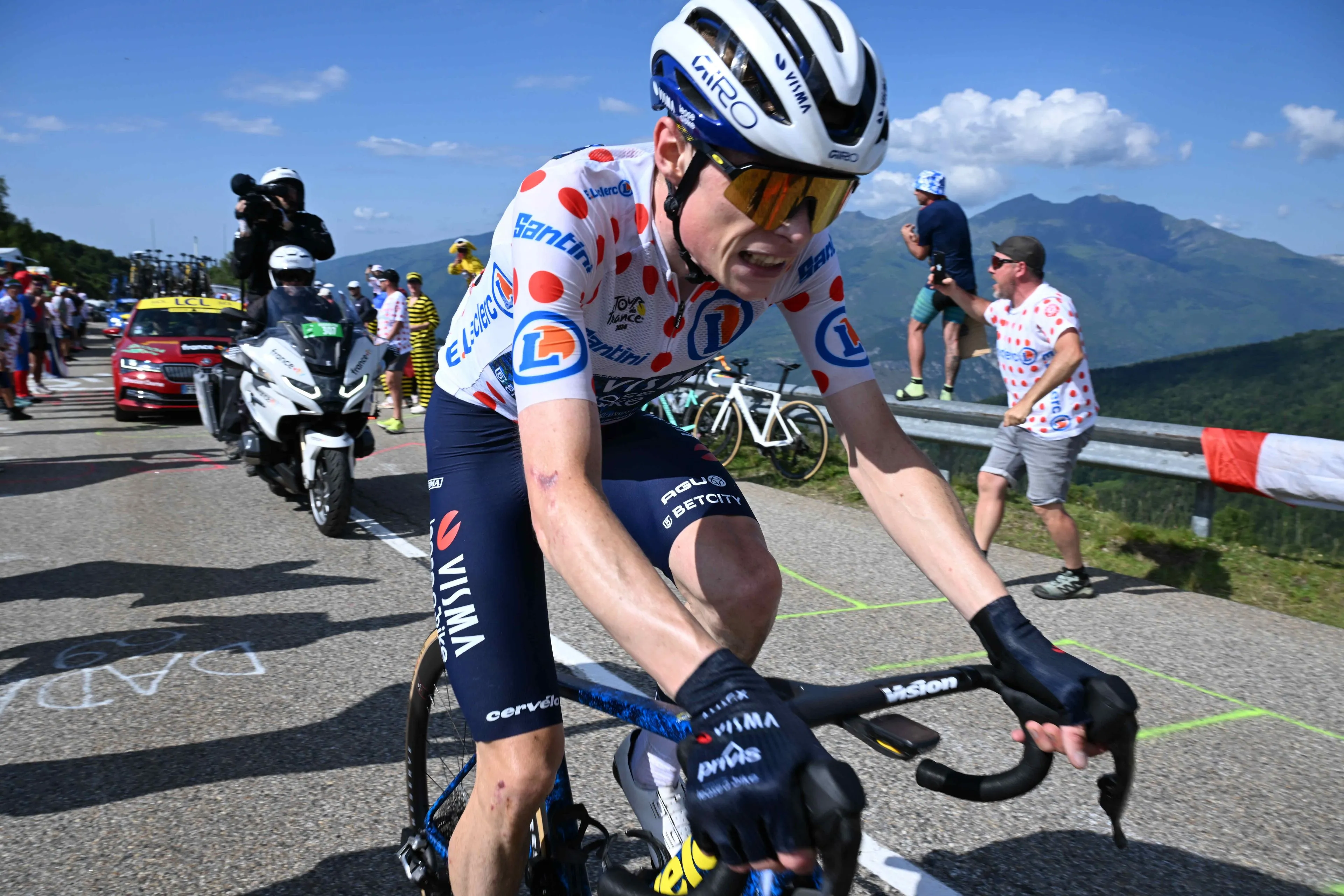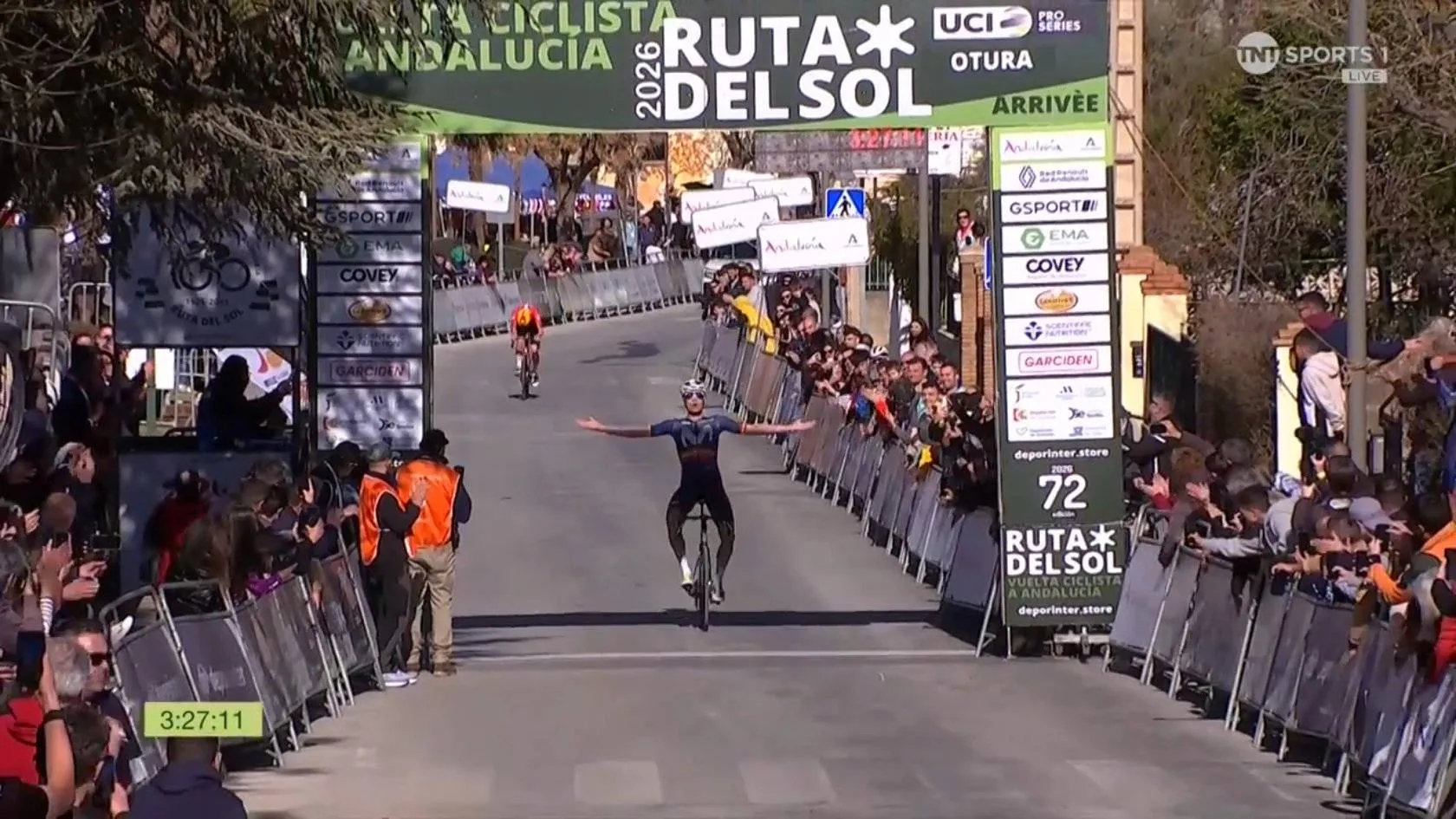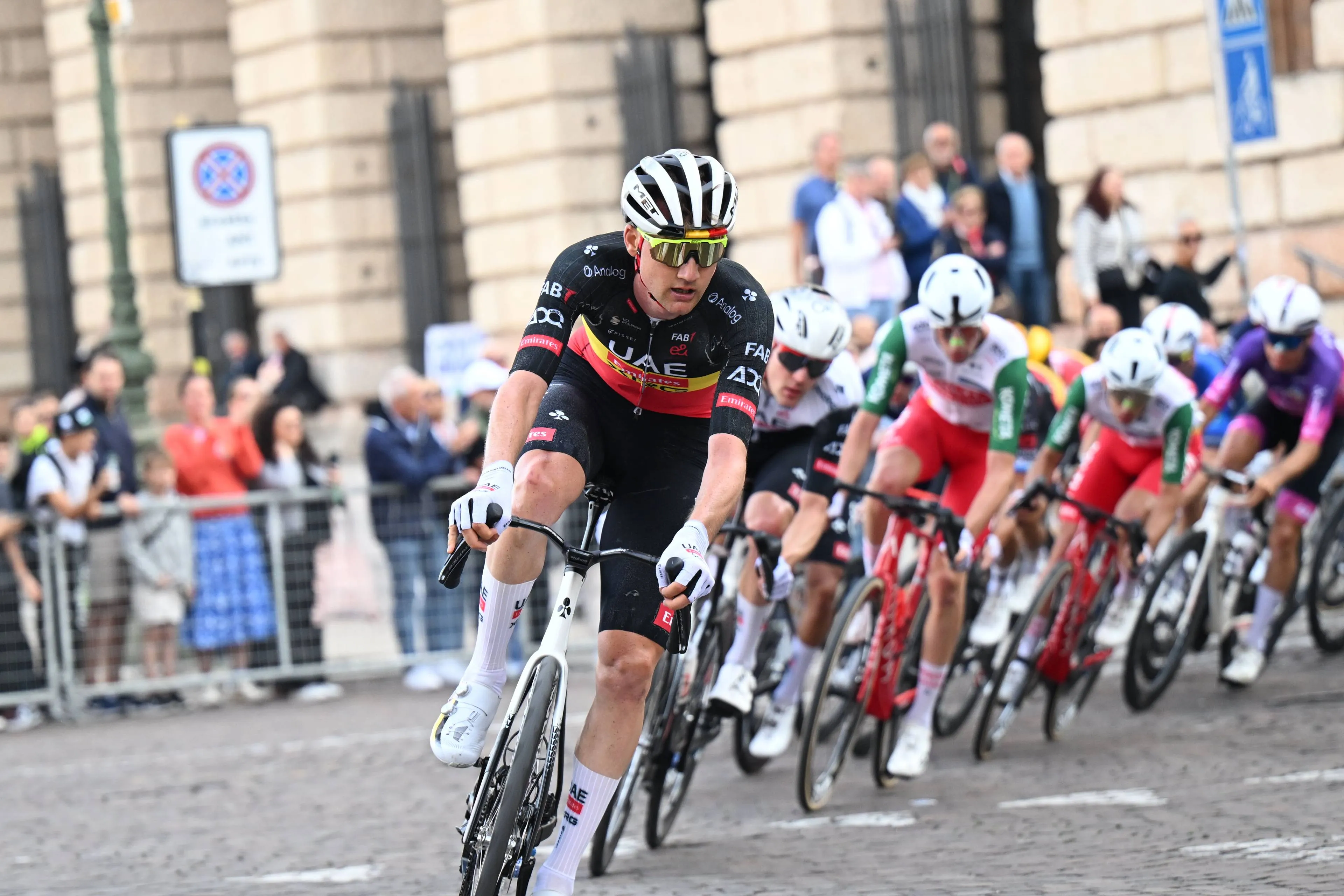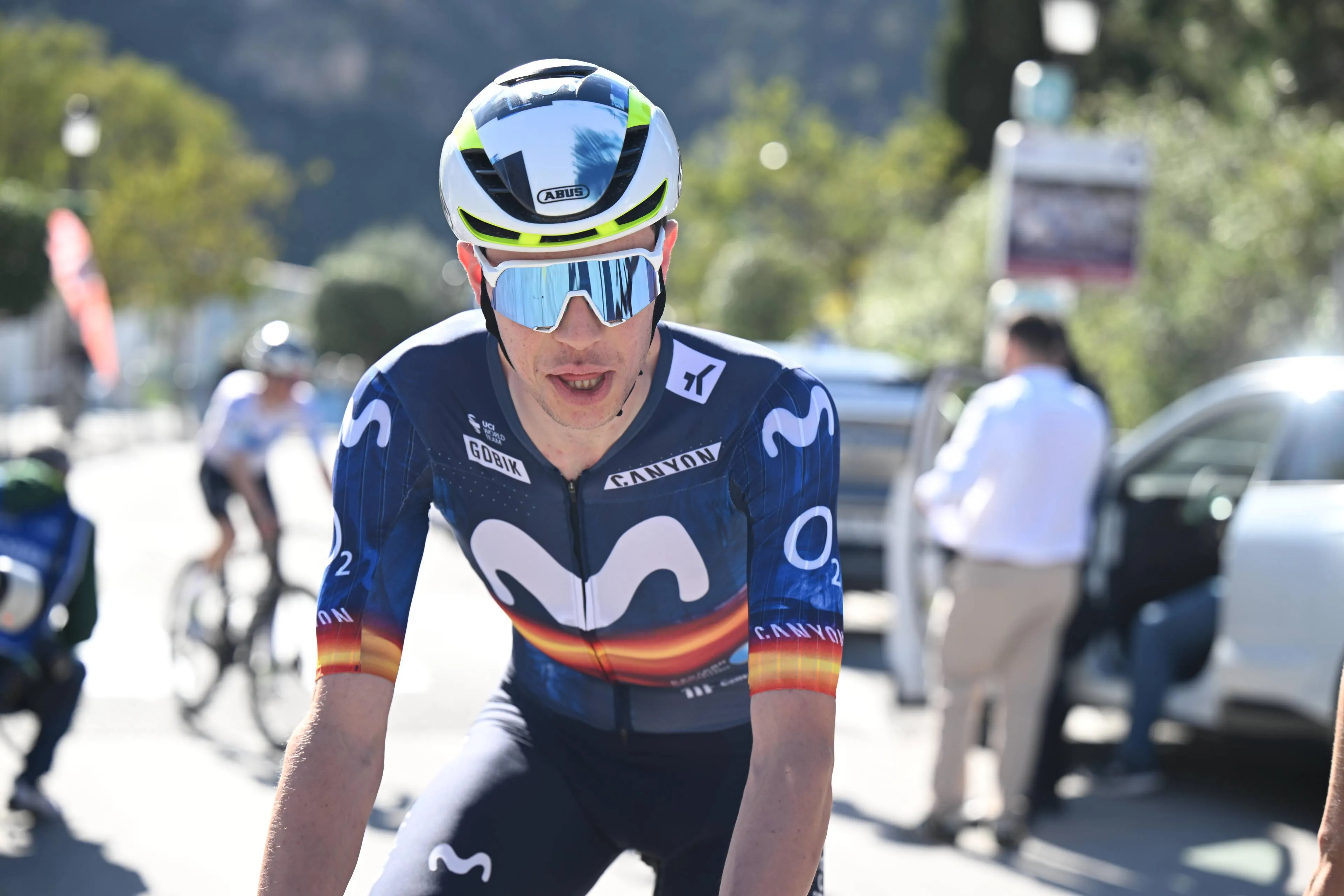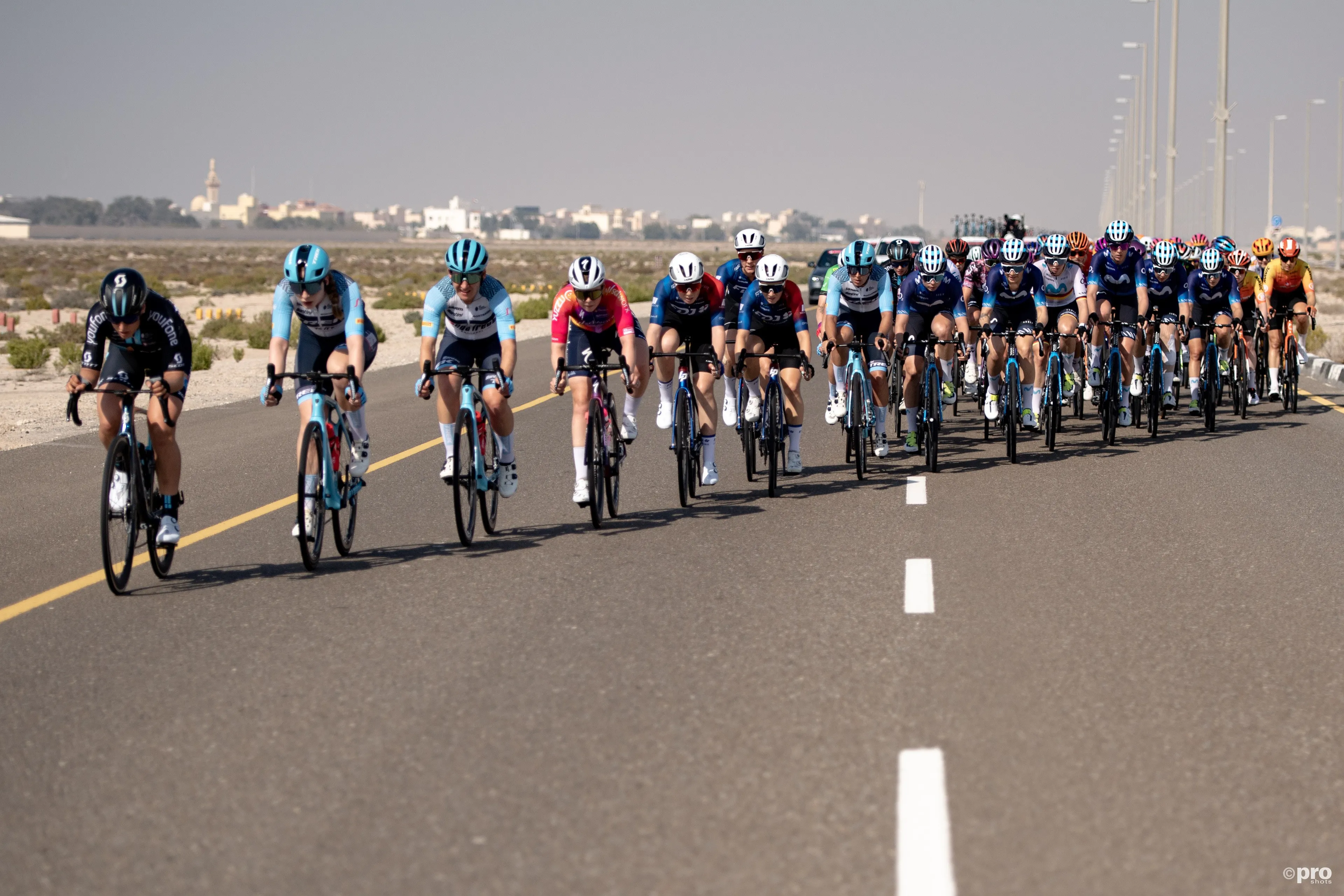"The 90s was the era of super fuel. That has been replaced by altitude training" - Tadej Pogacar's record breaking Tour de France numbers not concerning insists Serge Pauwels
CyclingMonday, 15 July 2024 at 10:30
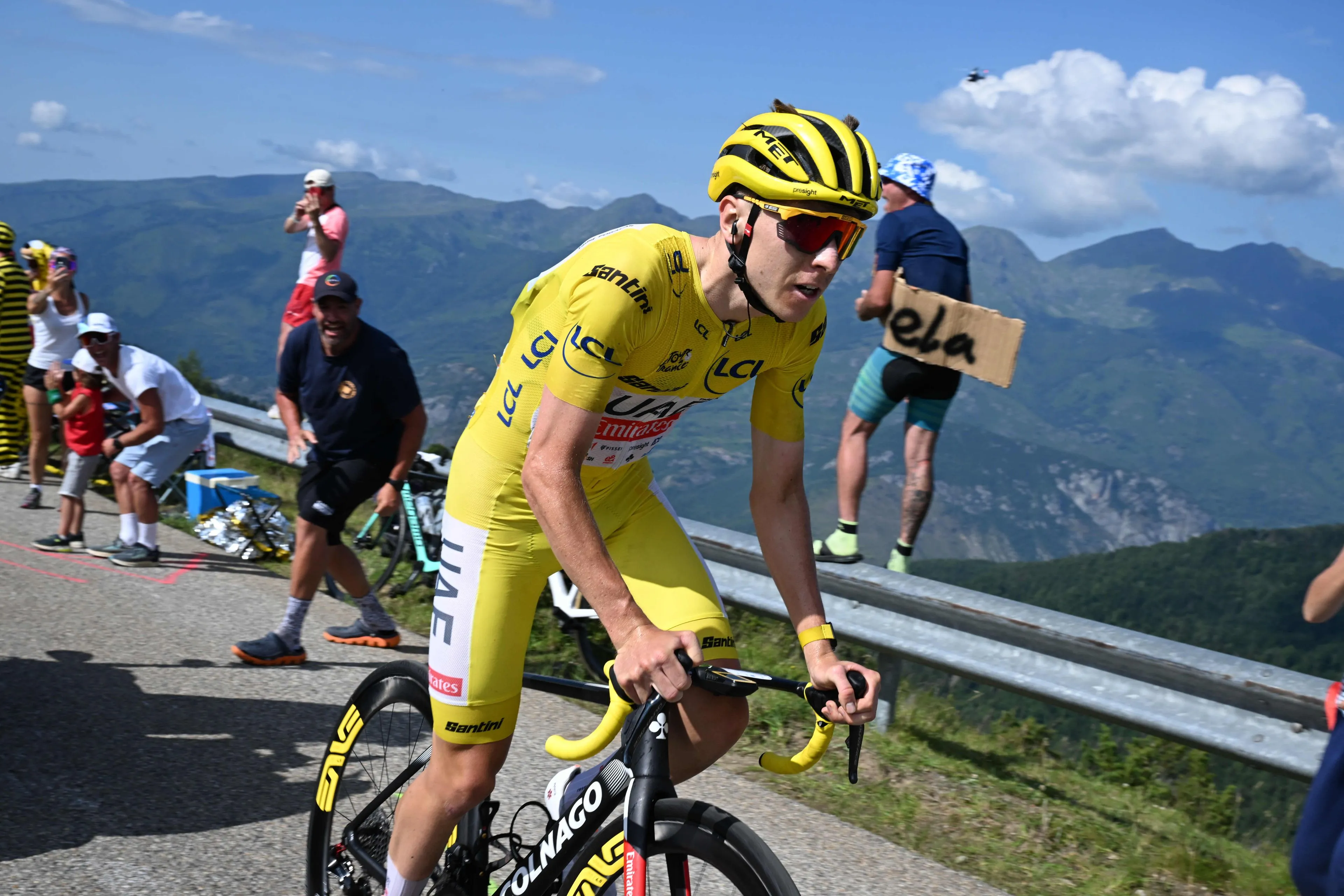
It is no exaggeration to say that on stage 15 of the 2024 Tour de France, Tadej Pogacar put in one of the greatest climbing performances of all time, destroying Jonas Vingegaard and building up a massive general classification advantage en route to another stage win.
Obliterating the previous climbing record of the Plateau de Beille, set by Marco Pantani, Pogacar ascended the brutally steep slopes at the quite incredible time of just 39:44, nearly four minutes quicker than Pantani's record. Given Pantani's questionable past in regards to his use of performance enhancing drugs, this has led some to question how Pogacar can be so much better whilst clean. In response, ex pro turned Sporza analyst Serge Pauwels has come up with an explanation.
Read also
"He pedaled 6.8 or 6.9 watts per kilogram. Without a doubt, it is one of the toughest climbs ever in a race. It is a world-class performance," begins Pauwels on the Sporza Tour podcast post-stage before he looks to explain the circumstances surrounding Pogacar's climb, in comparison to Pantani's.
"Back then, Pantani mainly rode alone, which meant he had little shelter. Today, Pogacar gets the lead-out of his life. First Matteo Jorgenson rides full on from the foot. Then Vingegaard, the second best rider in the world, keeps riding at a high pace. Then Pogacar adds his best fifteen minutes. All conditions were good to ride a fast time," Pauwels explains. "The 90s, that was the era of super fuel. That has been replaced by altitude training."
Another notable factor is the difference in equipment over the last quarter of a century. "Back then a bike weighed 8 kilograms, now it's all of 6.8 kilograms. That's the minimum weight," says Pauwels. "And they're now digesting 120 carbs an hour. Back then they weren't even thinking about it, maybe only 50 or 60 carbs an hour."
Read also

Pogacar put in a climb for the ages to boost his hopes of reclaiming the Maillot Jaune
claps 7visitors 7
Just in
Popular news
Latest comments
- Minor flaws.... thats like suggesting Genghis Khan was a bit aggressive with other countriesslappers6619-02-2026
- Then you carry on if that's what makes you happyslappers6619-02-2026
- Fabio cannot catch a break.mij19-02-2026
- OK, today is the "air conditioner"... yesterday was a cramp... on saturday a bee will sting him in his tongue... his tongue will swell up and mustafa gets no oxygen. Because of his swollen tongue, Remco won't be able to give us a new excuse. Remco and the spanish rat Ayuso should be on the same team. They both have a ton of excuses and both of them are liars. Ad acta.Mou-Cro-HR19-02-2026
- Florian Lipowitz is secretly happy
 Rafionain-Glas19-02-2026
Rafionain-Glas19-02-2026 - The crucial thing to remember is that Remco was broken by the pace of Gall and Tiberi, not Del Toro's. Remco's excessive antics are because he doesn't want anyone to think that he's 'genuinely' struggling. You can always say 'he got cramps' because 'his preparation didn't go to plan', but the thing is that there is a limit to the number of excuses and exceptions that there can be. Eventually everyone just accepts that he's reached his ceiling on the climbs.
 Rafionain-Glas19-02-2026
Rafionain-Glas19-02-2026 - Bahraini suspicious..Santiago19-02-2026
- The problem is, a British 'boss' opening the gates, when the native workers not wanting them!
 leedorney19-02-2026
leedorney19-02-2026 - Who is overrating him on climbs? Everyone knows since ages it’s his weakness and needed years of work. Question us if he can do enough about it. For sure he won’t be able to improve his TT enough to compensate.Mistermaumau19-02-2026
- What do you call only seeing someone’s positives?Mistermaumau19-02-2026
Loading
4 Comments
